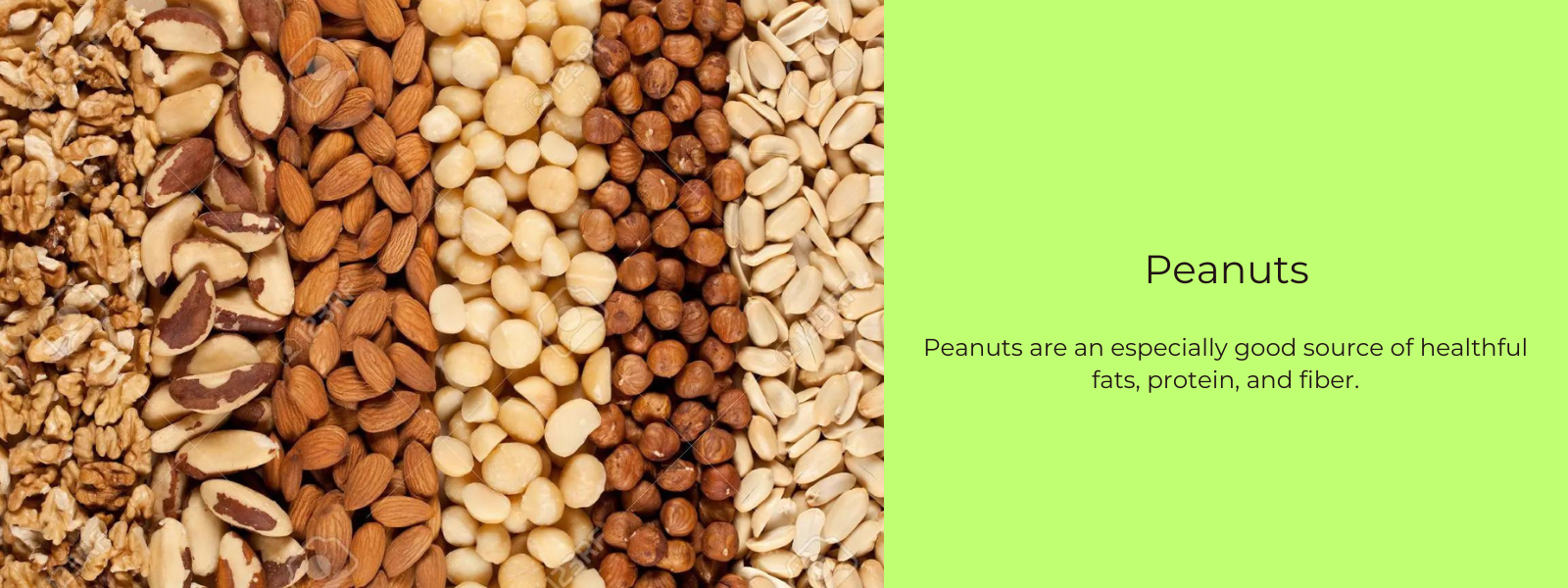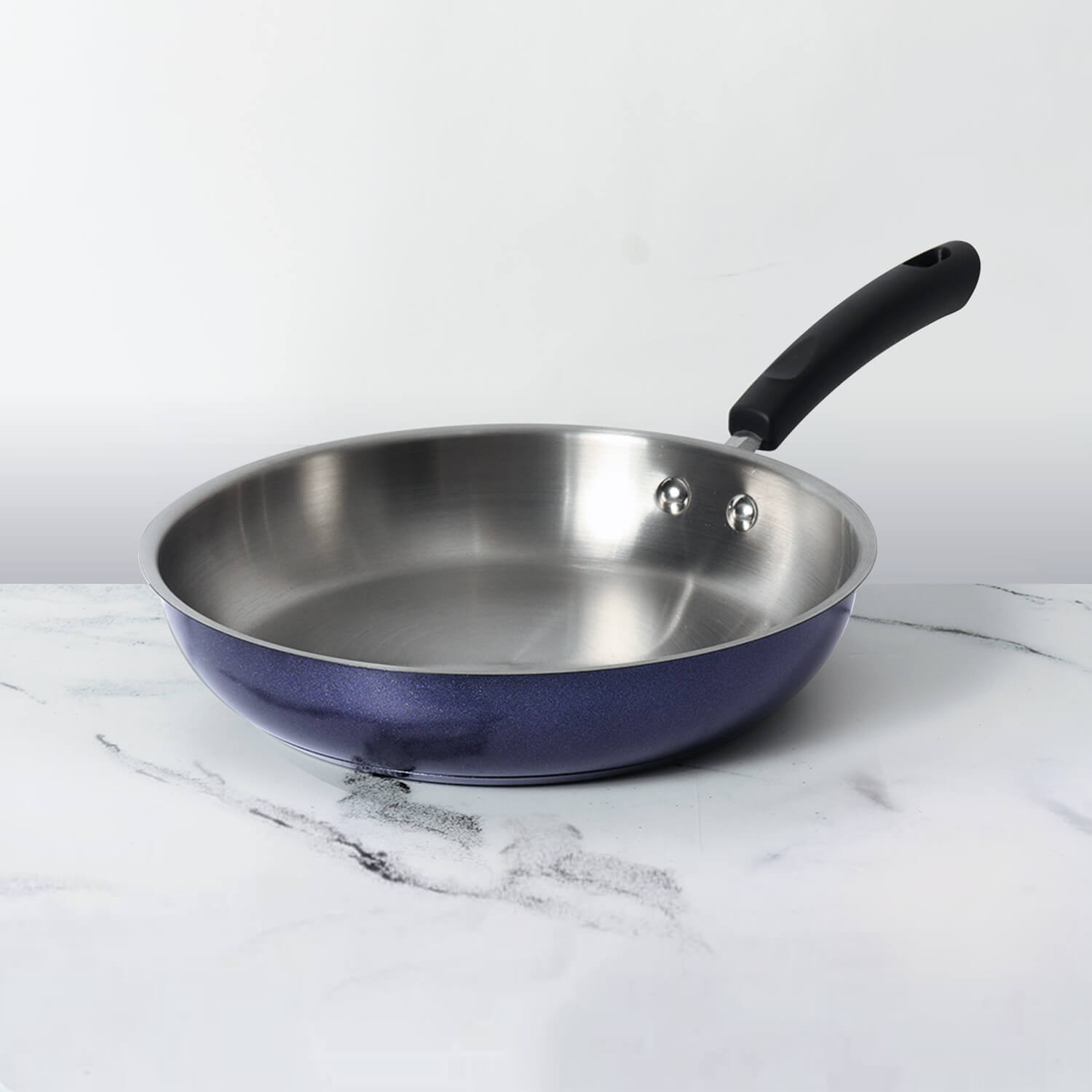Betel nuts are usually consumed by chewing them along with other ingredients, such as betel leaves, tobacco, and lime paste, which creates a mixture called a "betel quid" or "paan". The mixture is then rolled into a ball and placed in the mouth, where it is slowly chewed for several hours. They contain alkaloids, such as arecoline, which act as stimulants and can produce a mild sense of euphoria, increased alertness, and reduced fatigue.
Table of Contents
Nutritional Value of Betel Nuts:
Betel nuts are not considered a significant source of nutrients as they are primarily consumed for their stimulant properties rather than their nutritional value. However, they do contain some vitamins and minerals, as well as dietary fiber. Here are some nutritional facts per 100 grams of betel nuts:
- Calories: 389 kcal
- Protein: 4.2 g
- Fat: 23.6 g
- Carbohydrates: 43.8 g
- Fiber: 16.3 g
- Calcium: 67 mg
- Iron: 3.1 mg
- Magnesium: 92 mg
- Phosphorus: 111 mg
- Potassium: 569 mg
- Zinc: 0.8 mg
It's worth noting that the consumption of betel nuts should be moderated due to potential health risks associated with their use.
Health Benefits of Eating Betel Nuts:
While betel nuts are known for their stimulant properties, there are no significant health benefits associated with their consumption. In fact, long-term use of betel nuts can have negative health effects, including increased risk of oral cancer, gum disease, and other health problems.
However, in some traditional medicinal practices, betel nuts have been used for their purported health benefits, including:
- Digestive Health: Betel nuts are believed to have digestive and appetite-stimulating properties, which can help with digestive issues such as constipation.
- Oral Health: In some traditional medicinal practices, betel nuts are used to promote oral health and freshen breath. However, long-term use of betel nuts can actually have the opposite effect, increasing the risk of gum disease and oral cancer.
It's important to note that any potential health benefits associated with betel nuts have not been scientifically proven, and their consumption should be moderated due to the potential health risks. If you are considering using betel nuts for medicinal purposes, it's important to consult with a qualified healthcare practitioner.
Important Facts about Betel Nuts:
Here are some important facts about betel nuts:
- Origin: Betel nuts are the seeds of the Areca catechu tree, which is native to Southeast Asia, but now cultivated in many tropical regions around the world.
- Appearance: Betel nuts are small, hard seeds that are typically about the size of a grape. They have a hard, woody shell that must be cracked open to access the inner seed.
- Consumption: Betel nuts are commonly consumed in Asia by chewing them with other ingredients such as betel leaves, tobacco, and lime paste, which creates a mixture called a "betel quid" or "paan".
- Stimulant Properties: Betel nuts contain alkaloids, such as arecoline, which act as stimulants and can produce a mild sense of euphoria, increased alertness, and reduced fatigue. They are also believed to have digestive and appetite-stimulating properties.
- Health Risks: Long-term use of betel nuts can have negative health effects, including increased risk of oral cancer, gum disease, and other health problems. Therefore, their consumption should be moderated, and their use for medicinal purposes should only be under the guidance of a qualified healthcare practitioner.
- Cultural Significance: The consumption of betel nuts has cultural and traditional significance in many parts of Asia, particularly in India, where it is a popular social custom.
- Economic Importance: Betel nuts are a significant agricultural crop in many tropical regions, particularly in South and Southeast Asia, where they are an important source of income for many farmers.
- Use in Industry: The alkaloids present in betel nuts are also used in various industries, including the manufacture of pesticides, insecticides, and veterinary medicine.
- Availability: Betel nuts are widely available in Asian markets and specialty food stores around the world. They are also sold online and through international trade.
- Precautions: The consumption of betel nuts should be moderated, and their use for medicinal purposes should only be under the guidance of a qualified healthcare practitioner. Pregnant and breastfeeding women should avoid consuming betel nuts due to potential health risks.
How to Store Beetles correctly - Tips for Long-Term Preservation:
It's important to properly store betel nuts to maintain their freshness and quality. Here are some tips for long-term preservation:
- Store in a cool, dry place: Betel nuts should be stored in a cool, dry place, away from direct sunlight and moisture. Airtight containers such as glass jars, plastic bags, or metal tins can help to keep out moisture and preserve the freshness of the betel nuts.
- Keep away from strong odors: Betel nuts can absorb strong odors from other foods, so it's important to store them away from pungent-smelling items like spices, onions, and garlic.
- Check for mold or insect infestation: Before storing betel nuts, inspect them for signs of mold or insect infestation. Discard any betel nuts that appear to be moldy, discolored, or have holes or cracks.
- Rotate stock: To ensure that betel nuts are always fresh, it's a good idea to rotate your stock and use older betel nuts first.
- Freeze for long-term storage: If you plan to store betel nuts for an extended period, consider freezing them. Place the betel nuts in an airtight container or plastic bag and freeze for up to six months. Allow them to come to room temperature before using.
By following these tips, you can preserve the quality and freshness of betel nuts for longer periods













Leave a comment